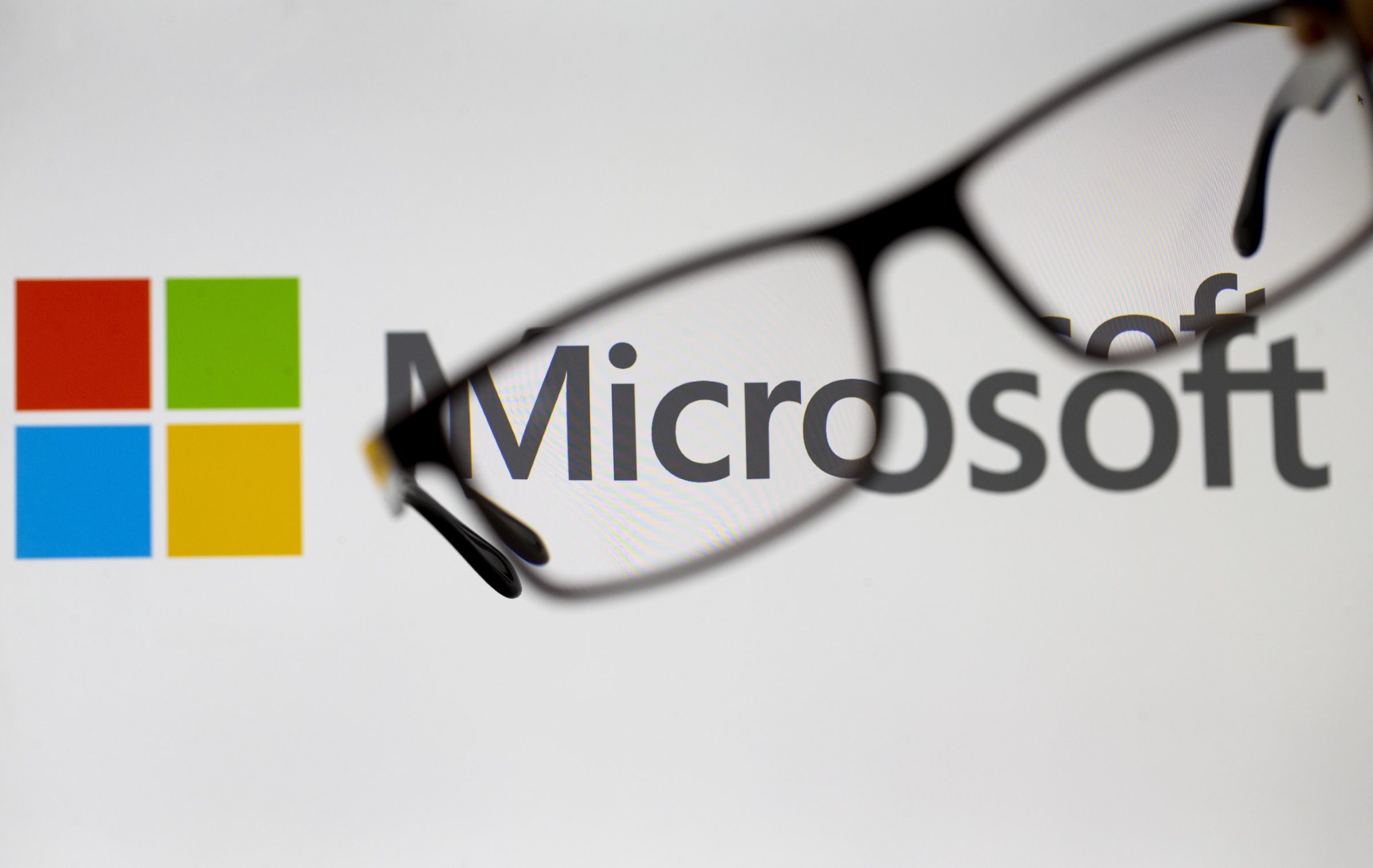
(Bloomberg) — Microsoft Corp. said it identified and stopped attempts to launch cyberattacks on three 2018 congressional candidates using a phony version of its website.
The targets, who it didn’t identify, were “all people who because of their positions might have been interesting from an espionage standpoint, as well as an election disruption standpoint,” Tom Burt, Microsoft’s corporate vice president for customer security and trust, said at the Aspen Security Forum in Colorado on Thursday.
Burt said the attackers tried to use a phony Microsoft web page to make “phishing” attacks on the candidates. Working with the government, Burt said the company removed the internet domain and prevented the attacks from succeeding.
He said that Microsoft saw the same tactic attempted during the 2016 Democratic Convention in Philadelphia, at which the company provided protection.
A Facebook Inc. executive on the same panel at the Aspen conference said that in April, the company removed a few hundred pages on the service controlled by the St. Petersburg-based Internet Research Agency, which has been indicted by Special Counsel Robert Mueller for an alleged social media campaign aimed at interfering in the 2016 U.S. election.
Monika Bickert, Facebook’s head of product policy and counterterrorism, said the accounts were spreading Russian language advertisements in Russian-speaking countries.
More Must-Reads from TIME
- Donald Trump Is TIME's 2024 Person of the Year
- Why We Chose Trump as Person of the Year
- Is Intermittent Fasting Good or Bad for You?
- The 100 Must-Read Books of 2024
- The 20 Best Christmas TV Episodes
- Column: If Optimism Feels Ridiculous Now, Try Hope
- The Future of Climate Action Is Trade Policy
- Merle Bombardieri Is Helping People Make the Baby Decision
Contact us at letters@time.com